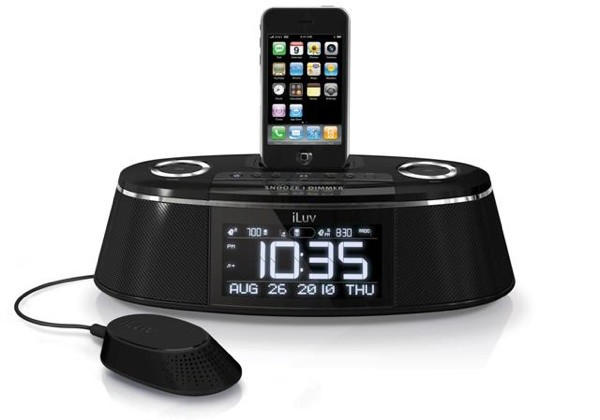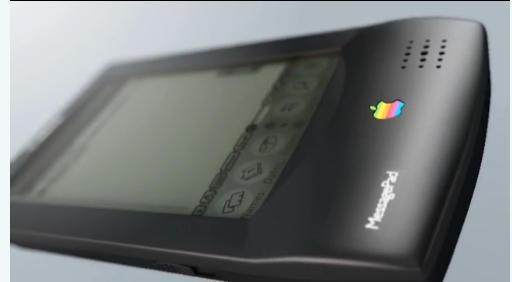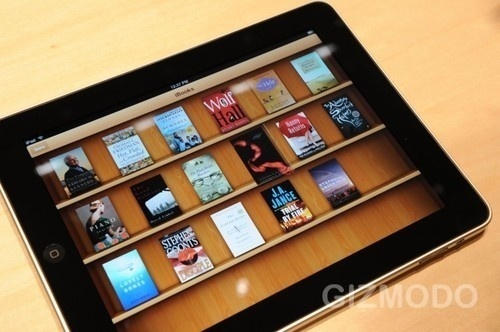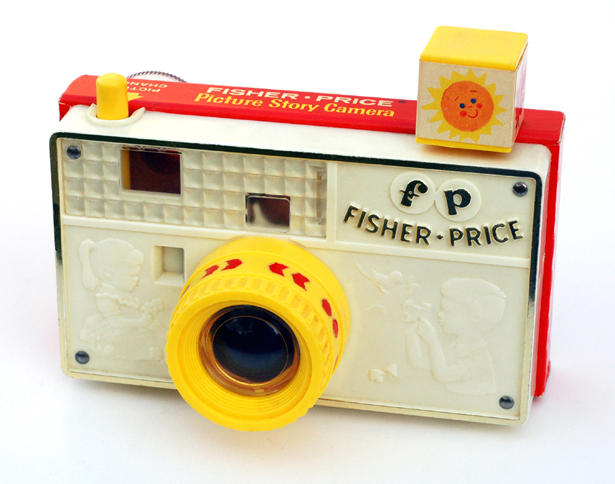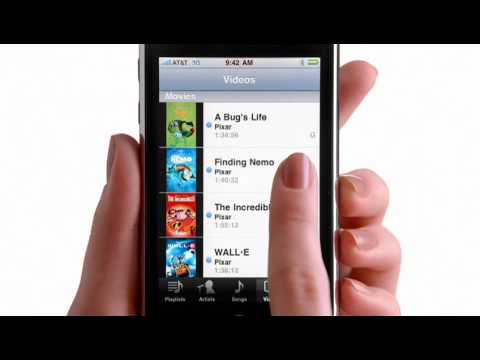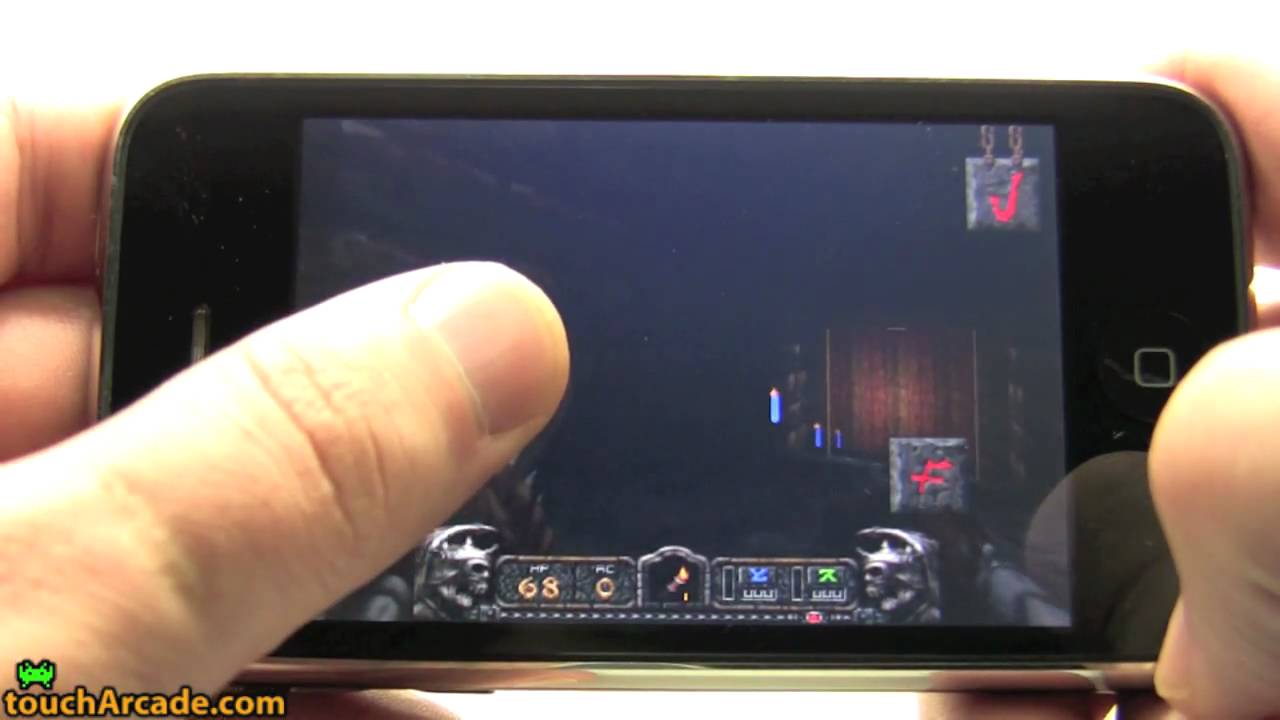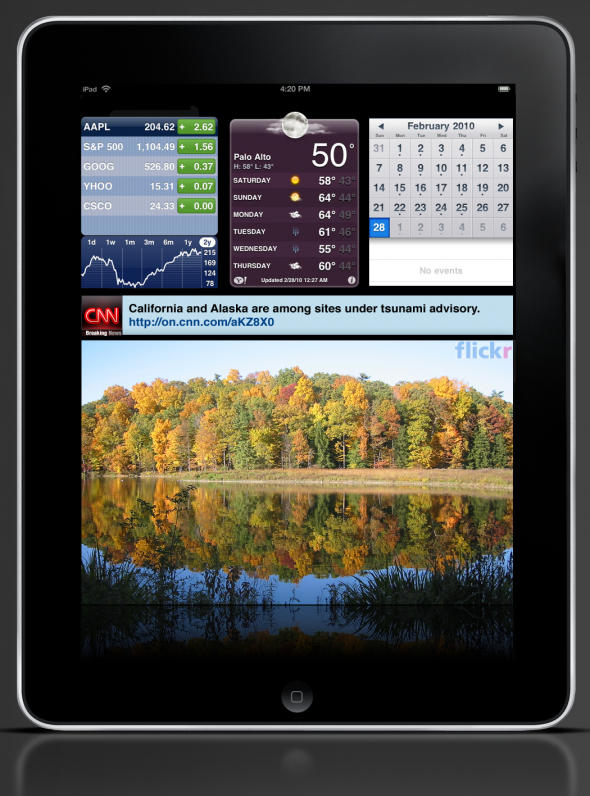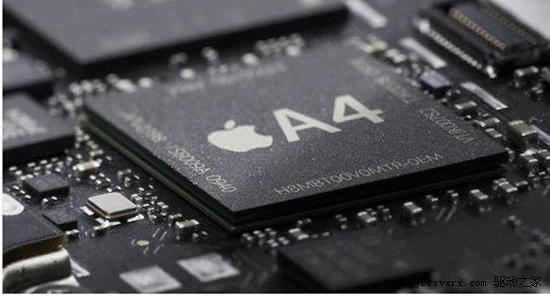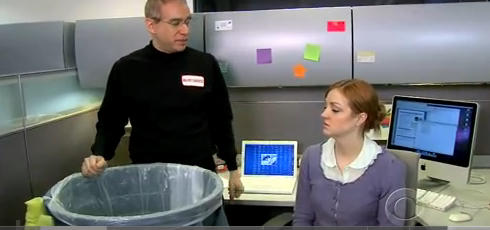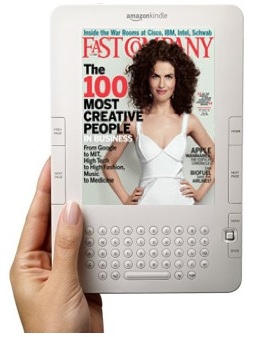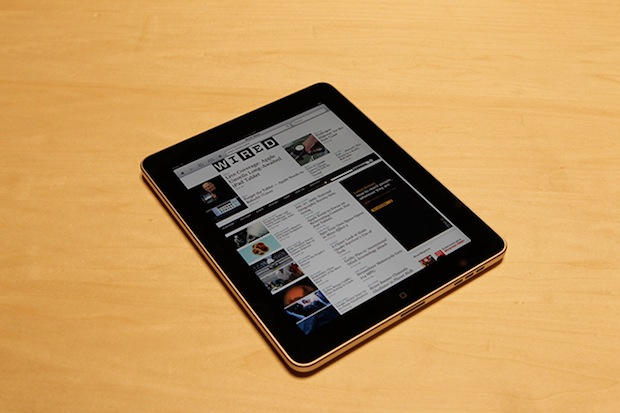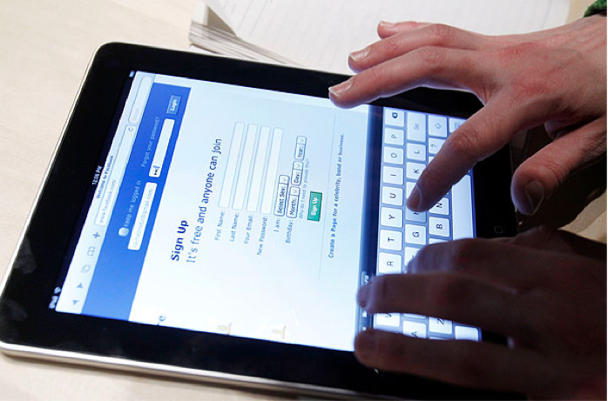You need not risk $20 million in alimony to find deleting compromising text messages from your cell phone useful.
That’s the premise behind Tiger app, a nod to philandering putter Tiger Woods, an iPhone application that erases indiscreet SMS messages, forever, right after you’ve read them. You can set a text “life span,” then those texts are deleted from both user’s phones, living up to its slogan “to cover your tracks.”
A boon for star-crossed lovers, double dealers, anyone needing a bit of privacy in a world of oversharing, this is certainly a more elegant solution than the double SIM card, a favorite in amore-happy Italy from where I write — where the number of SIMS outnumber inhabitants.
It also provides a much-needed buffer in the dating world, since it offers a tigertext ID you can give to out and then figure out if beer goggles are 20/20 or not.
As one of the app reviewers, JJH13 says: “I was out at a party last night and met someone and wasn’t sure I wanted him to have my number. I noticed he had an iPhone and just gave him my tigertext user name. Later I can decide whether to give him my number. I love the fact what I say via text is pretty much going to stay that way. I work as an attorney in family law and can see some great uses for this professionally.”
However, even the yawningly monogamous may find a use for this: who doesn’t have a few friends or co-workers whose SMS messages are just about always worth automatically deleting?



